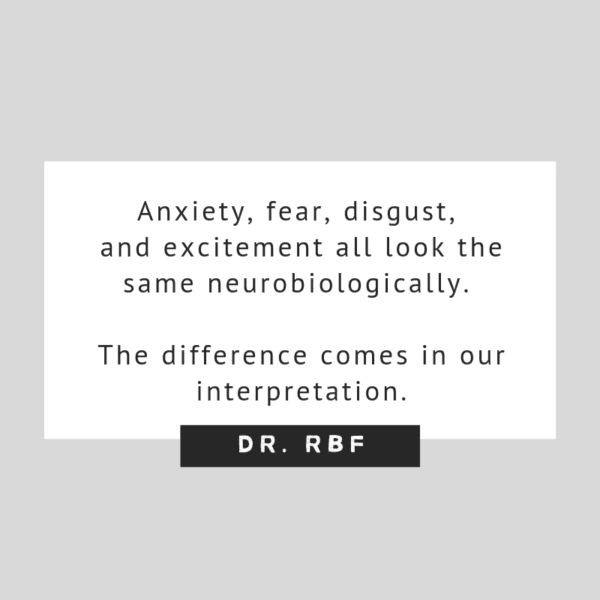
13 Aug Feelings We Shouldn’t Ignore
My clients often look at me like I’m speaking a foreign language when I ask, “How does your anxiety serve you?” Or, “How does your depression feed you?” I encourage folks in my office to slow down so we can linger with uncomfortable feelings together. That is the start of understanding. Yet our instinct is often to do anything but that. Instead, we want to ignore, dismiss, and move away from emotions perceived as negative. Convinced that these feelings are “bad” or “not working,” we are sure they should be ignored or disregarded.
Here’s the thing: feelings always provide us something meaningful, otherwise we wouldn’t be so attached to them. This is the root of understanding how we got where we are. The answers are individually determined, and usually take time to excavate. Each of us comes to our way of being in the world honestly. Emotions are a natural or instinctive state of mind developed from our life circumstances. Starting as bodily sensations, how you interpret this twinge, flutter, or contraction depends on what you’ve learned over a lifetime of practice. And life is all practice.

Growth is, at best, confusing, and often painful and scary. Feelings come fast and furious and there is no one who lives in your body and sees through your eyes to explain what it means to be you exactly. So we do our best and approximate from what we see others doing to manage the onslaught. We learn a way of interpreting our feelings at a very young age, applying those pieces of knowledge over and over again. Sometimes this works better than other times. Sometimes evolving flows like water, while other times the gears get stuck and we are frozen in repetition, failure, or avoidance.
Many of us have the erroneous belief that if we use logic, we can think our way out of our feelings. Wrong. That’s backwards. In actuality, feelings are biological sensations rooted in the most primitive instincts for survival. Take anxiety, for example. Anxiety begins as a neurological sensation. We sense danger and our amygdala lights up sending our bodies into a cascade of sensations. Interestingly enough, anxiety, fear, disgust, and excitement all look the same neurobiologically. The difference comes in our interpretation: is this something that I should be scared about? The problem today is predation is everywhere and that kind of overactive neurobiology just is not going to work for you in the long run. You have to learn how to identify the feeling in order to manage it, and that requires sitting still long enough to pay attention.
When we learn to identify the feeling and sit with the experience long enough, we have a hope of knowing what, if anything, there is to do. That is why I ask folks the questions above. In order to know ourselves, we have to learn to be honest about what works and what doesn’t. Only then can we hope to come up with a new or different solution to our innermost struggles.




